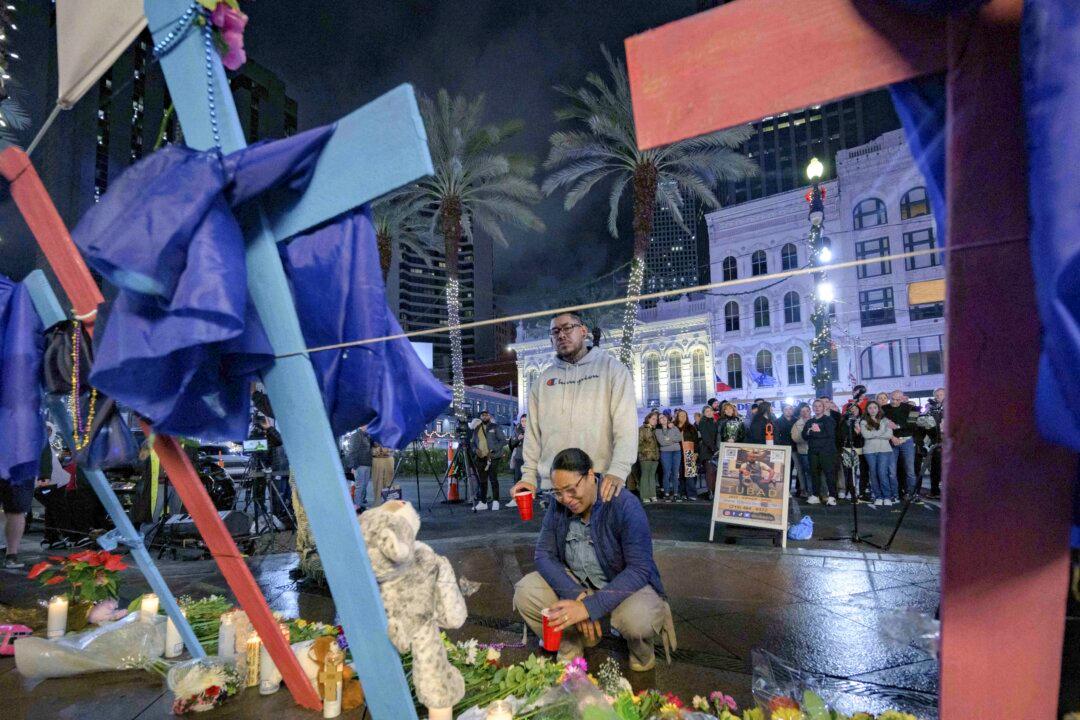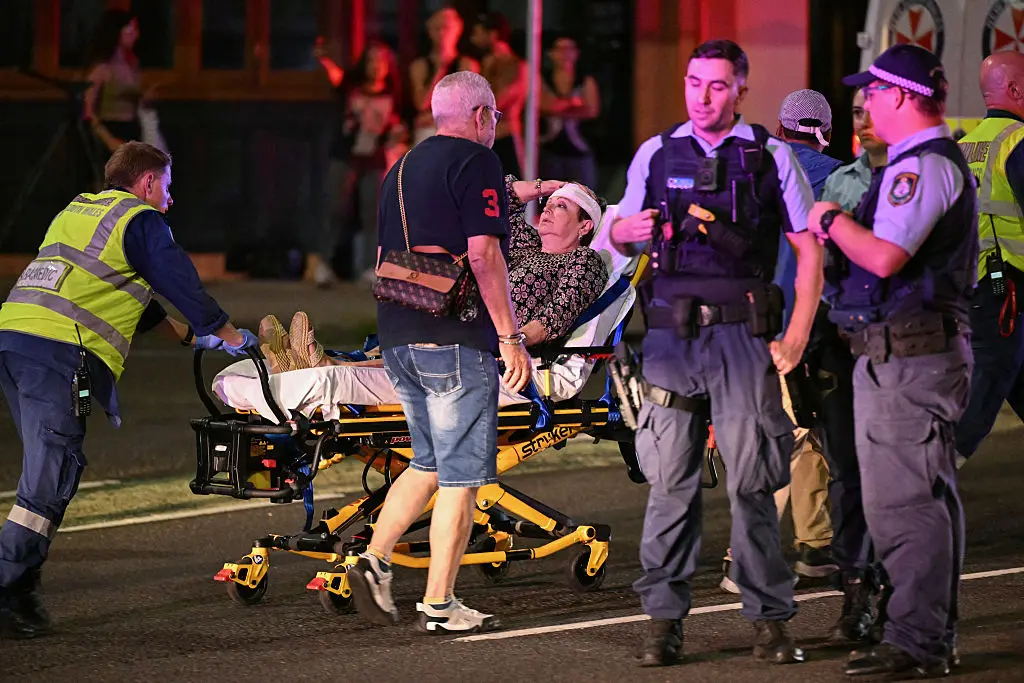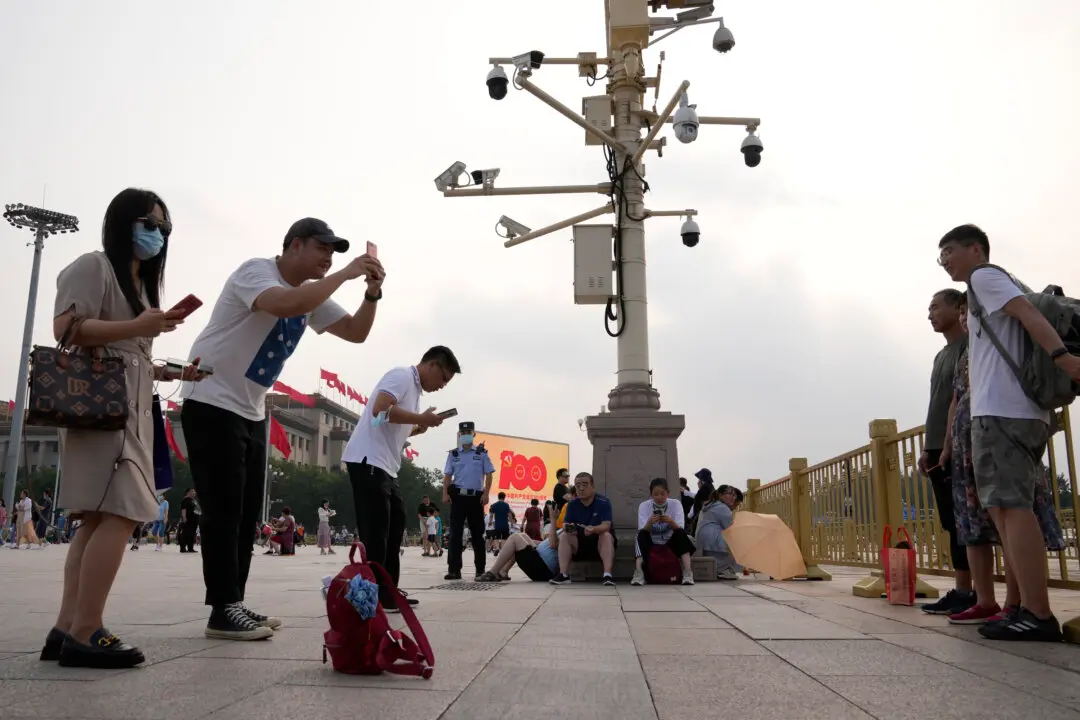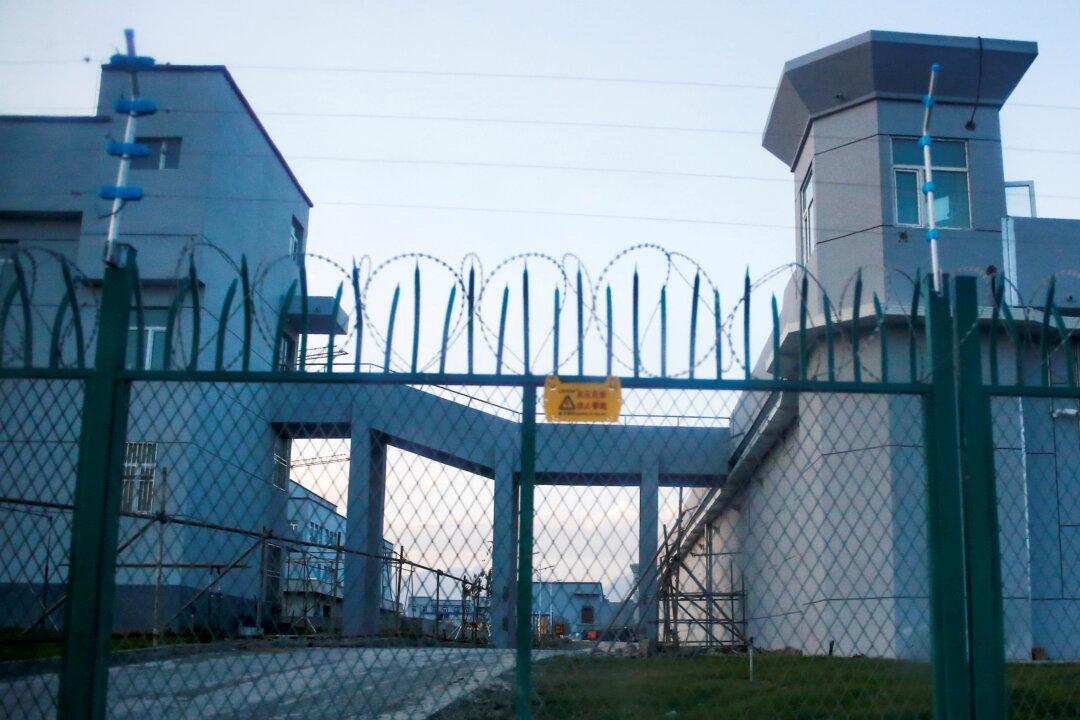Commentary
In the aftermath of a violent attack, there are inevitably a number of things that happen. First and foremost, we collectively struggle to understand what exactly has happened, who was behind it, and what it means. Then we seek to assign immediate blame to those who failed to prevent it from taking place (this is usually directed at law enforcement or security intelligence services). Finally, there is the more useful “lessons learned” attitude and a sincere effort to put in place best practices and measures to avoid similar events in the future. Some will proffer “foolproof” solutions to this end.





